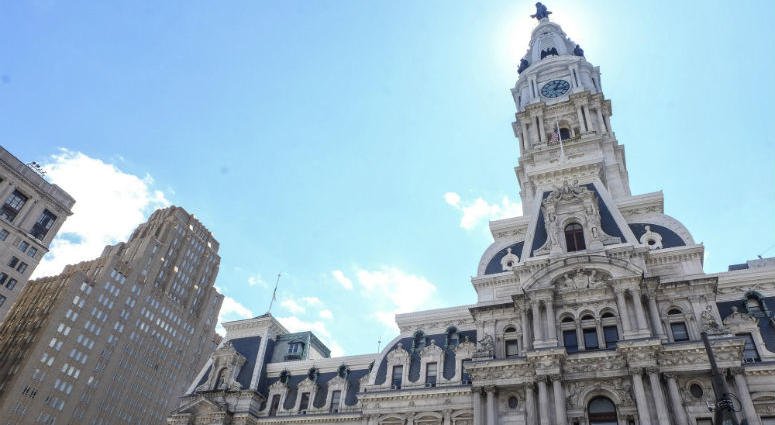
Philadelphia is rapidly evolving with the redevelopment of old infrastructure and the attraction of new talent, causing the need to reassess current policies. The City Council of Philadelphia has proposed new changes to zoning regulations due to their concerns of gentrification and overpopulation in certain areas of the city. In order to better understand these changes, we have broken down how zoning works in Philadelphia today as well as the upcoming proposed reforms and resulting community responses.
Current Zoning Regulations
Philadelphia’s land and development are regulated by the Zoning Code, which was established to protect the public against buildings that are not up to current safety standards or buildings that should not be allowed in specific locations. For example, if you lived in a residential zone, developers would not be able to place a new correctional facility within a minute from your neighborhood. There are ten main zoning categories established to ensure that city development does not negatively impact communities, ranging from residential to commercial to industrial.
Say you’re a retail business owner and you found the perfect property, but it’s zoned for commercial services. If you want to change the zoning of that property, you must go through the Department of Licenses & Inspections and apply for a zoning variance. If they are rejected, they can file an appeal that must go for review under the City Planning Commission and a Registered Community Organization. However, the final decision is in the hands of the Zoning Board of Adjustment; the City Planning Commission and Registered Community Organization only makes a recommendation for action.
Note: the Philadelphia City Planning Commission serves as the connection point between the public and the government over zoning regulations, which allows the public to have a say in any changes in current ordinances or proposed changes. When a zoning variance goes under review, the public may vote as a part of their Registered Community Organization as well as attend the Zoning Board of Adjustment meeting.
The Proposed Changes and Community Responses
There have been calls for proposed changes to the Zoning Code by the City Council of Philadelphia. Here is a run-down of all proposed revisions, the reasoning behind these changes, and local responses:
- The City Council of Philadelphia would like to create a commission led by their council officials that will look into the current Zoning Code and revise, which has not been performed since 2012. The Zoning Code Review Commission would listen to the public, meet, and then provided revision suggestions to the City Council.
- Beyond zoning variances, the Zoning Code Review Commission would look into an increase in the minimum for mandatory parking.
- The Philadelphia City Planning Commission has found requested zoning variances have decreased since 2012; yet, developers have been largely approved by the Zoning Board of Adjustment with few exceptions.
- The City Council would like to reduce the authority of the Zoning Board of Adjustment, particularly in cases where they overrode the Planning Commission’s recommendation and Registered Community Organizations’ votes.
- Several respondents have noted the City Council’s amendments to the 2012 reform of zoning regulations. These respondents generally favor the Planning Commission to lead the new Zoning Code Review Commission as a result.
- A large number of City Council Members have delayed in remapping their districts following the 2012 reform. As a result, there are typically higher requested variances in these districts. The Planning Commission and neighborhood organizations have made recommendations in favor of updates to these maps.
- An additional bill, introduced by the City Council, seeks to create a “Single Family Preservation District.”
- Respondents to the “Single Family Preservation District” have noted that there may be existing non-single-family structures, which would make the legality of such a bill a grey area.
With these proposed changes and your local community’s responses in mind, it is important to participate as an active member of your local Registered Community Organization. You should also consider attending a Zoning Board of Adjustment meeting and contributing your voice to the upcoming proposed legislation.
In the spirit of transparency, the City of Philadelphia has created an interactive map of open datasets, which include different zoning areas, licenses, building types, and more. To access this map, visit OpenMaps at https://openmaps.phila.gov/. This map will allow you to stay informed about the state of zoning for your district as well as visualize which areas would be potentially impacted by the proposed revisions to the Zoning Code.
